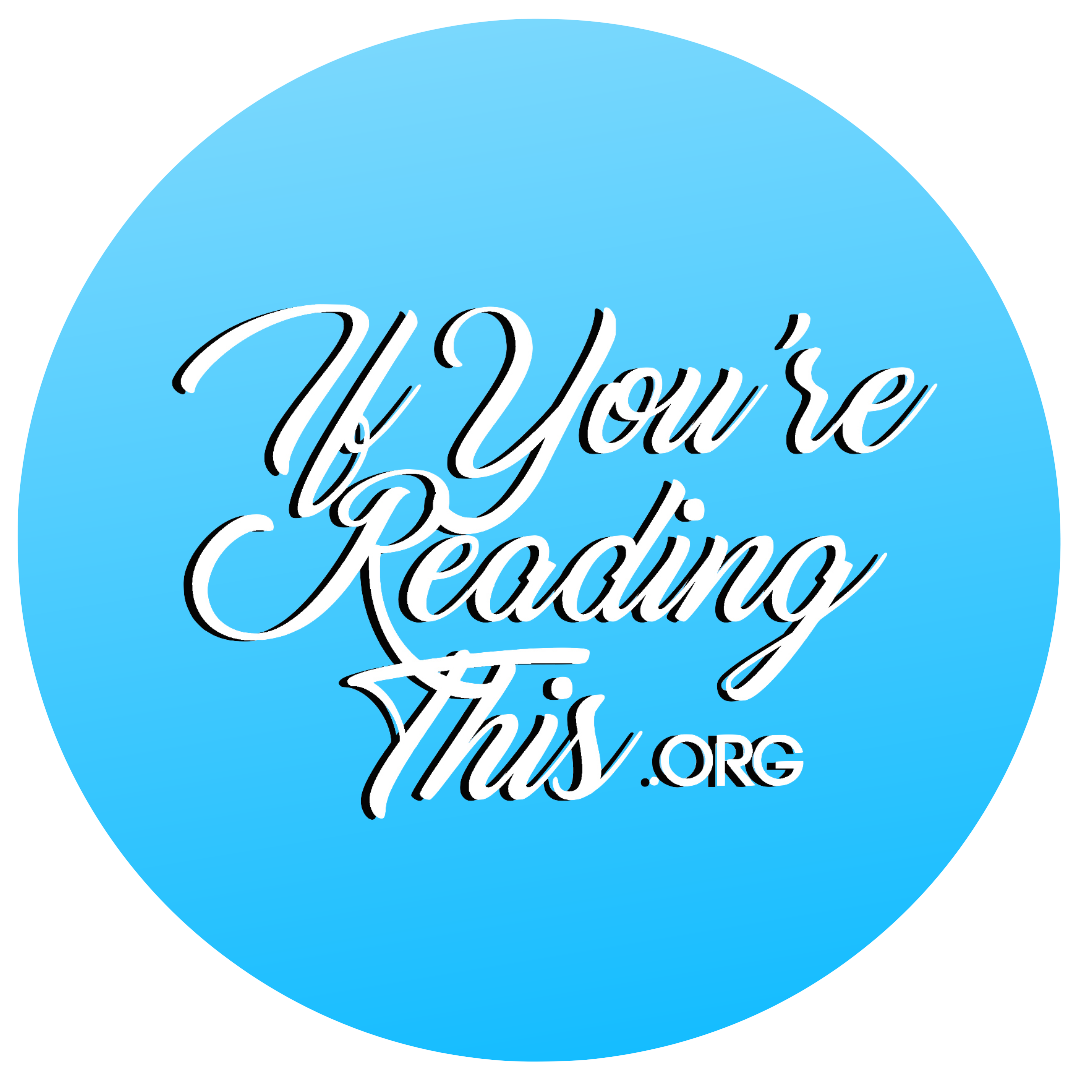If you’re reading this, I want you to know that practicing self-care isn’t something I say in class because it sounds good. It is something we all need.
It’s sometimes odd to work at the same place where you went to undergrad. While I’m now in a faculty role, I can look down those familiar halls and still see a lot of myself in the students today, even though we’re separated by decades. I admire their creativity and drive, but I also see the dangerous workaholic mentality that took me years to shed.
Ok, in reality, that mentality is still there, but it is much more balanced through self-care.
I didn’t always understand balance. Instead, I’d take 18-21 credits a semester, on top of research, on top of working 30 hours a week, on top of sports, on top of…everything. I somehow subconsciously felt that my worth came from doing all of these things that allowed me to go to college and do things my parents couldn’t. Ironically, I, more than anyone else, pushed myself to break.
I didn’t pay attention to the signs at all. I got sick but kept going, I fueled myself on nothing but sugar as a sleep substitute, and I even got diagnosed with exhaustion by a doctor. It was *bad*, but I couldn’t admit that doing more was not healthy. More so, that all of that working was not working. I kept thinking I’d slow down after X or Y, but slowing down never came. And sadly, it was still mostly effective for me to keep pushing like this to grad school.
Grad school was very much an opportunity to reinvent myself and start over. No one in my family had a clue what it was like, so everything was new and exciting (and a tad scary), but it was exciting to move across the country and start with a clean slate. But you guessed it, I very much fell back into old patterns virtually upon arrival.
Because I had moved across the country and didn’t have friends yet, when I first arrived, I put a sign on my door of my grad apartment building looking for folks to play pickup soccer. My across-the-hall neighbor, who we’ll call Jamie, knocked on my door, and we became friends. We had a lot in common. We were both super involved in school and extra-curriculars, so it was nice to have someone who understood the ‘cult of busy-ness’ and was also firmly a member. So, I thought nothing of him coming to my door around 9pm one night and telling me about an exam he was sure to fail. I assured him he’d put in the work and it would pay off, but I also let him know I couldn’t hang out for a bit, as it was my turn to do a big task in lab the next day solo, and I had some folks to impress.
When I came home from lab that day, Jamie was dead. He’d taken his own life that night, and the last thing I told him was that I couldn’t hang out, because I had to work.
This tragedy in many ways both broke me and fixed me. To be clear, I fully and totally do not blame myself for what happened to Jamie, nor do I think things could have gone ultimately any differently had we hung out. It’s taken a bit to accept this (especially as I tend to think if I just work at it, it will happen), but I can say it now. What I do think, however, is that I put such a premium on work that I myself was no longer clear then on what would actually be important enough for me to slow down. It was a pivotal point to realize that if I didn’t develop balance, I would myself end up in such a dark place or die from overwork on the way there. I thank Jamie for helping me realize the value of my life and that it is more than the work I do.
Since then, I’ve gotten slowly better at taking things… well, slower. Making the time for those personal things hasn’t hurt my productivity, and it hasn’t meant giving up on important opportunities. In fact, I’m more productive and happier because I let up on the gas a tad and took the time to ‘be’ rather than to always ‘do.’
While I’m not perfect at it yet, as faculty, I’ve been internally compelled to repeatedly stress the importance of self-care, both solo and as a community of practice. It is my goal to shift the narrative from self-care being seen as a luxury to being seen a necessity. While our culture tends to glam-up the idea of self-care as expensive trips to the salon, etc., I see it more as taking the time to laugh with friends, go for a walk, and generally disconnect for the purpose of meaningful connection.
If you’re in class (mine or anyone else repeating this refrain), go ahead and laugh when we suggest self-care. Laughter’s good. But do give a thought to what provides balance in your life, and help others to find that for themselves. So if you’re (still) reading this, your assignment is to unassign yourself from work. Take a break. Tell a friend.
Dr. Weigel, Georgia Tech ’10, School of Biological Sciences Faculty





